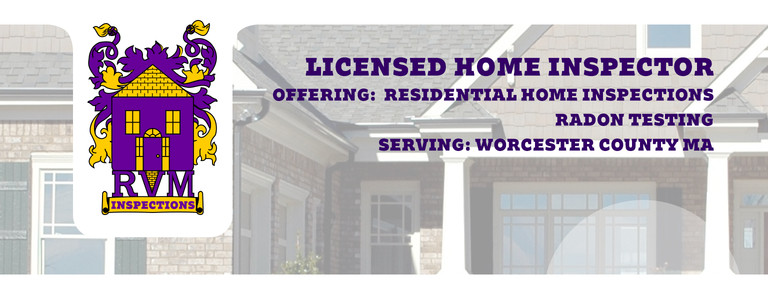 When doing a home inspection, it’s essential to take note of items that may cause problems in the future. These are known as home inspection musts and are the things you want to pay extra attention to when inspecting a house. Use this guide as your own personal checklist during your home inspections so you know not to disregard some critical issues that will cause significant problems later.
When doing a home inspection, it’s essential to take note of items that may cause problems in the future. These are known as home inspection musts and are the things you want to pay extra attention to when inspecting a house. Use this guide as your own personal checklist during your home inspections so you know not to disregard some critical issues that will cause significant problems later.
-
Hire a professional inspector; home inspectors are an integral part of the home buying. Discovering issues during the inspection phase spare you from the enormous problem that may arise later if left unresolved.
-
Thorough checks; don’t let anything slip under the radar during the inspection. We’re talking foundation, roof/attic, exterior, HVAC systems, appliances, plumbing, etc., top to bottom, side to side!
-
Ask questions; we encourage our clients to ask questions. Understanding what’s going on with your home will help you determine the course of action to take to fix it!
-
Close to close; The closer (within reason) you can get your inspection done to close, go for it. A lot can happen in a matter of minutes; you want to avoid being liable for a property that had been destroyed prior to taking ownership.
Now let’s talk about what to watch out for during a home inspection.
-
Leaky drains; link drains are not only an annoyance, but they also cause spongy soil, which creates problems with the foundation.
-
Foundation issues; foundational issues are a huge problem with a huge price tag. If you’re noticing sloped floors, cracks, and windows that do not close quickly, then you may have a foundation issue.
-
Infestations (pests); you’re buying a home, and you didn’t include any creators in the contract, so let’s get that handled! Ask your inspector for industry pros they recommend.
-
Structural issues; another costly one, structural inspections are typically done by a veteran engineer.
-
Poor maintenance; this goes without saying; the poorly maintained house may not stir up the majority interest that a well-loved comparable property would. Buyers want to walk into a space and automatically envision themselves living there. That is hard to do in a heavily worn space by someone other than yourself.
Now that you have an understanding of what inspectors are looking for, you can pass your inspection with flying colors as well as serve as instrumental in the seller’s inspection process.








